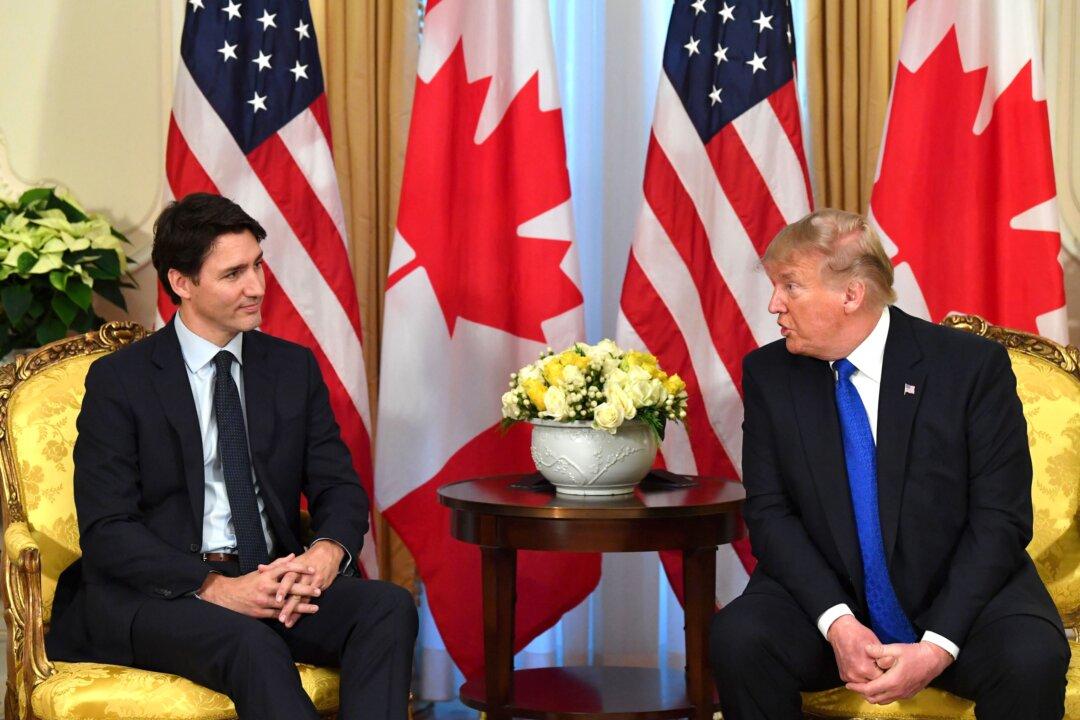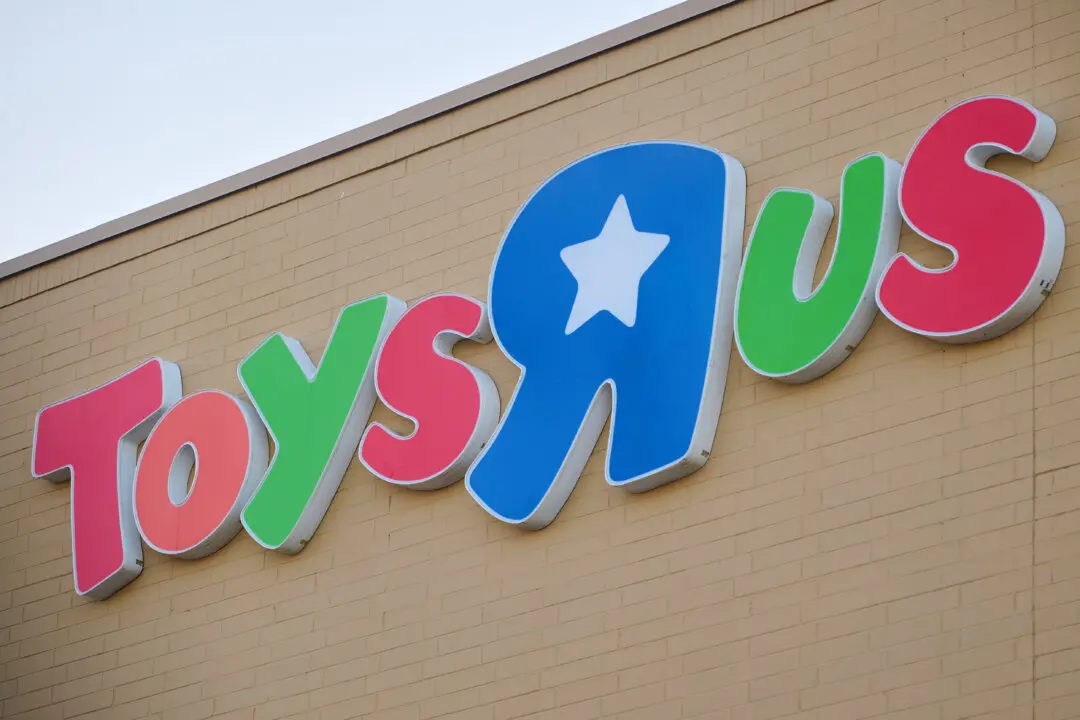WASHINGTON, Wash.—The United States reversed course Tuesday in its latest tariff dispute with Canada, lifting a 10 percent levy on Canadian-made aluminum just hours before Ottawa was to let fly with a suite of countermeasures.
The tariffs are being lifted retroactive to Sept. 1 because Canadian exports are expected to “normalize'' over the remainder of the year, the U.S. Trade Representative’s office said in a statement.





